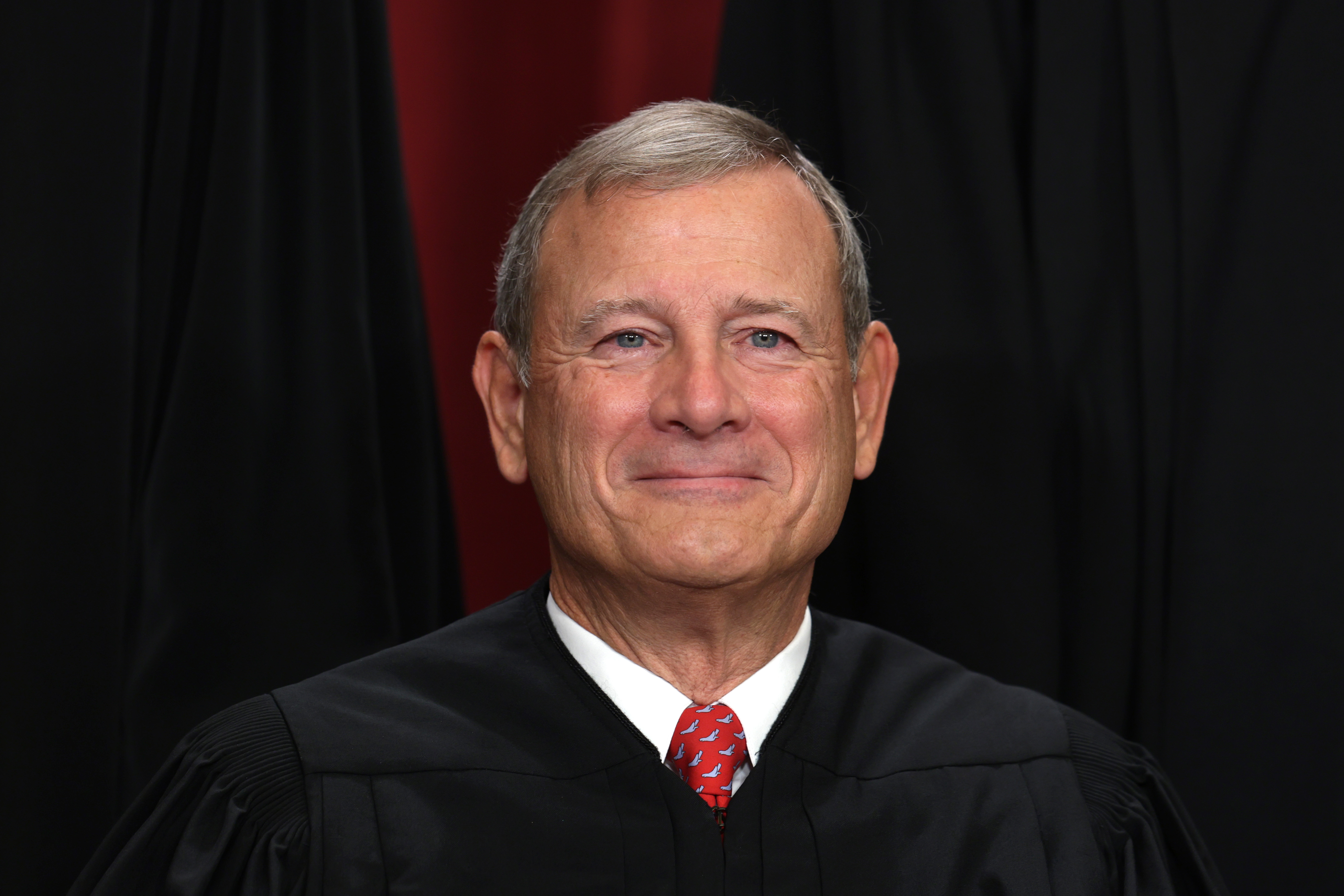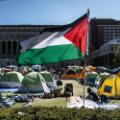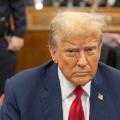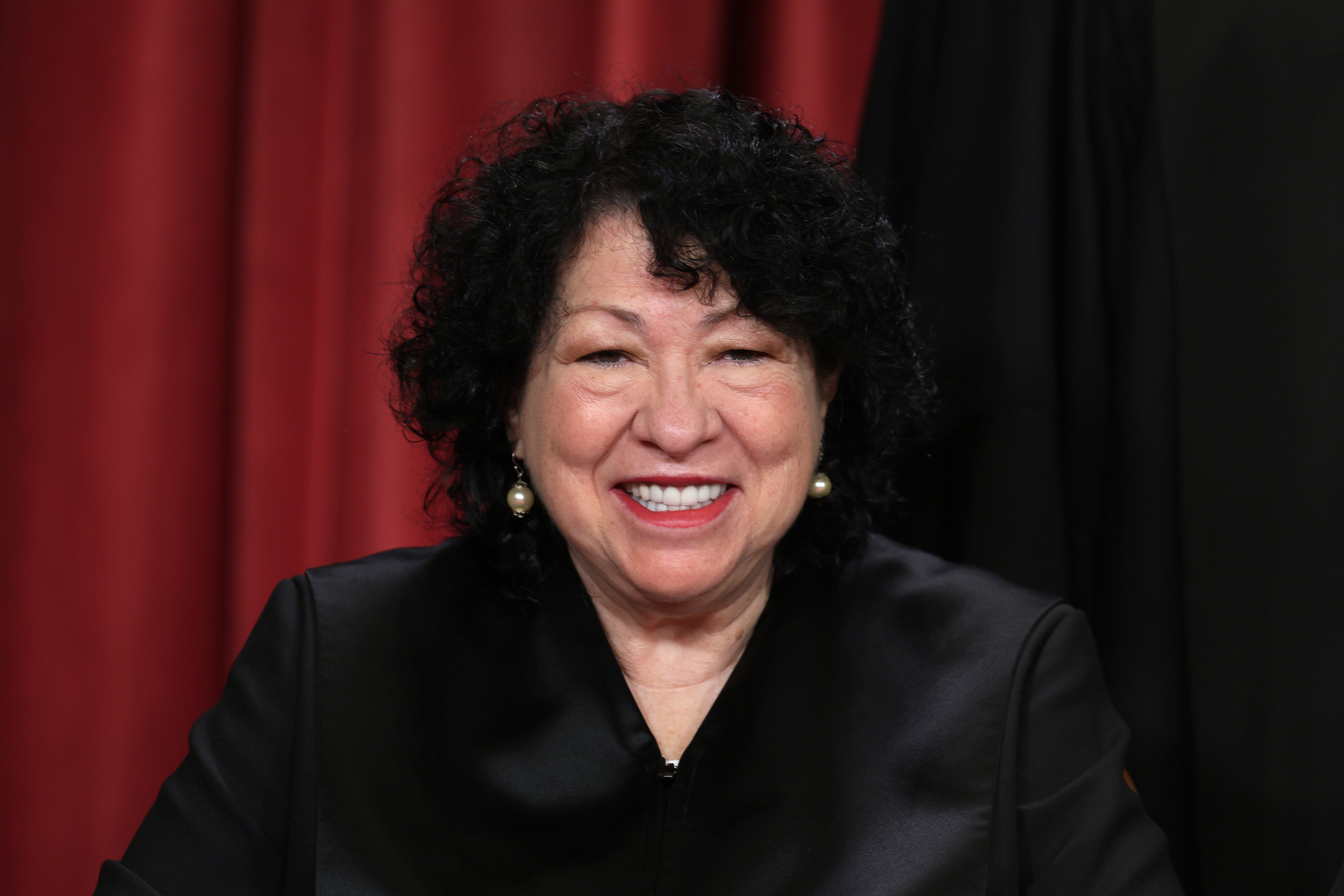
Chief Justice John Roberts, a key vote in this case, appeared skeptical of the Justice Department's position, suggesting that the January 6 defendant in the case might have the better reading of the law.
Prosecutors say the provision at issue bars people from "obstructing" an official proceeding, and that the prohibition is a "catchall" that can cover all sorts of conduct — such as storming the US Capitol.
But Roberts focused on another way of the reading the law, as influenced by the words before it. And in this case, those words deal with evidence tampering — not riots.
Roberts said the DOJ shouldn't read the two provisions as though they are standing alone.
"You can’t just tack it on and say, 'Look at it as if it’s standing alone,'" Roberts said. "Because it’s not."



